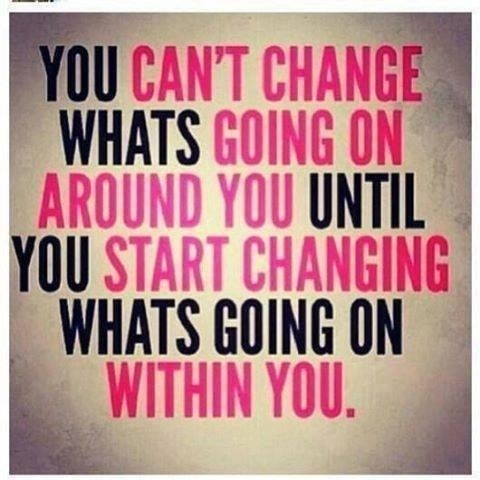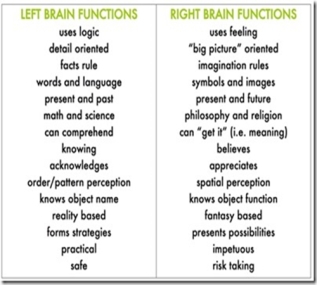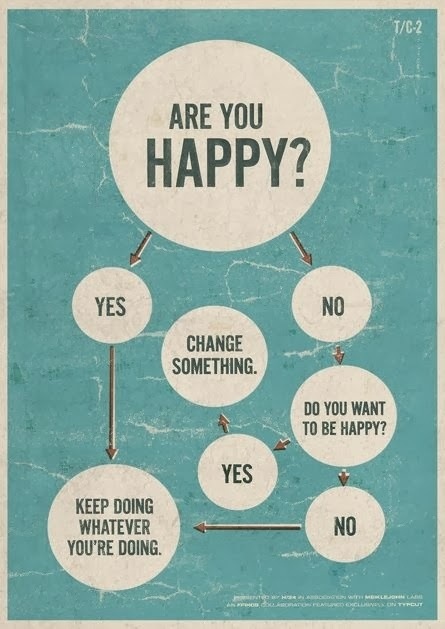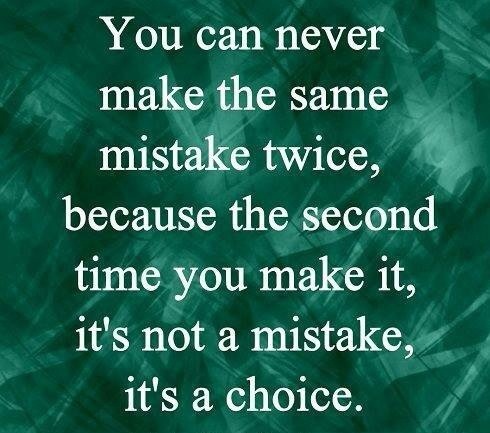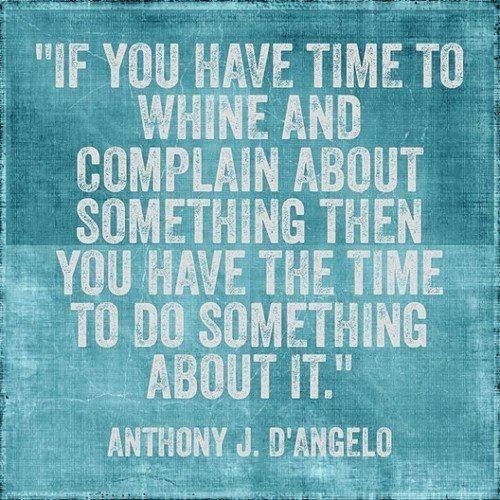As Mark Twain famously wrote, “I didn’t have time to write a short letter, so I wrote a long one instead.” His point? Strong writing is lean writing.
When you want to make your writing more powerful, cut out words you don’t need–such as the 10 included in this post:
1. Just: The word “just” is a filler word that weakens your writing. Removing it rarely affects meaning, but rather, the deletion tightens a sentence.
2. Really: Using the word “really” is an example of writing the way you talk. It’s a verbal emphasis that doesn’t translate perfectly into text. In conversation, people use the word frequently, but in written content it’s unnecessary. Think about the difference between saying a rock is “hard” and “really hard,” for example. What does the word add? Better to cut it out to make your message stronger.
3. Very: Everything that applies to “really” applies to “very.” It’s a weak word. Cut it.
4. Perhaps/maybe: Do you want your audience to think you’re uncertain about what you’re saying? When you use words like “maybe” and “perhaps,” uncertainty is exactly what you’re communicating.
5. Quite: When someone uses “quite,” he or she either means “a bit” or “completely” or “almost.” Sometimes the word adds meaning; sometimes it’s fluff. Learn to tell the difference–but, when in doubt, cut it out.
6. Amazing: The meaning of “amazing” is causing great wonder or surprise–but some writers use the word so often that the meaning gets lost. How can something be amazing if everything is? Ditch this diluted word.
7. Literally: When something is true in a literal sense, you don’t have to add the word “literally.” The only reason it makes sense to use the word is when it clarifies meaning (i.e., to explain you aren’t joking when it seems you are).
8. Stuff: Unless you are aiming at informality, don’t use the word “stuff.” It’s casual, it’s generic, and it usually stands in for something better.
9. Things: Writers use the word “things” to avoid using a clearer, more specific word that would communicate more meaning. Be specific. Don’t tell us about the “10 things,” tell us about the “10 books” or “10 strategies.” Specificity makes for better writing.
10. Got: Think of all the ways we use the vague word “got” in conversation: “I’ve got to go,” “I got a ball,” or “I got up this morning.” Though it’s fine for conversation, in writing, “got” misses valuable opportunities. Rather than writing a lazy word, look for clearer, more descriptive language: “I promised I’d leave by 9,” “I picked up a ball,” or “I woke up today,” for example.
Whether you’ve been writing for a few days or for many years, you’ll benefit from evaluating the words you use. Cut the filler to make your writing stronger.
